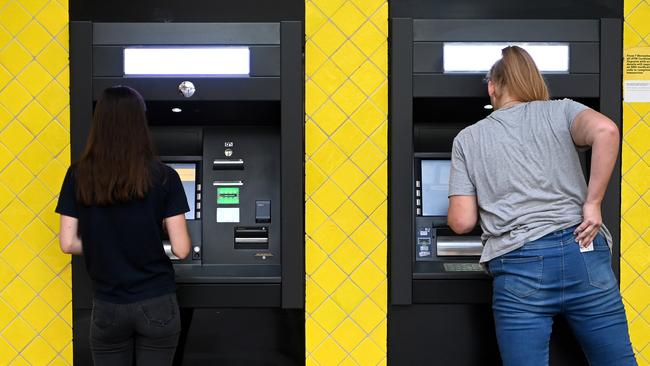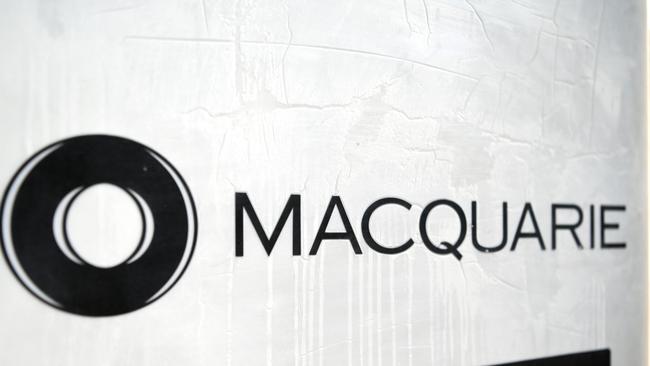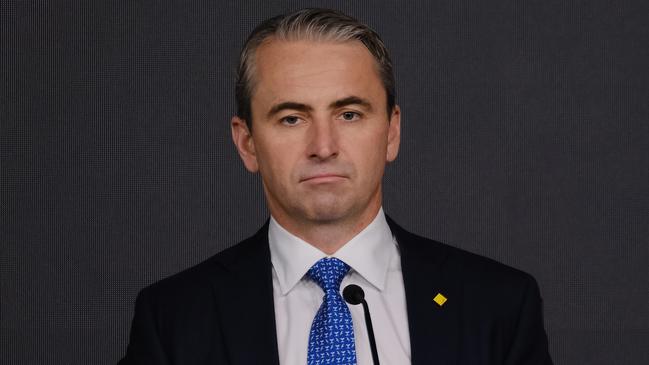‘Inevitable’: Australia to be cashless within years
One expert says the way Australians spend their money will change – and it could be happening very soon.

Money
Don't miss out on the headlines from Money. Followed categories will be added to My News.
A move to a cashless society is inevitable, according to one expert, who says the change is happening more quickly than most people realise.
“The convenience of digital transactions has become irresistible for consumers and businesses and has led to the sector eclipsing traditional payment methods,” RMIT University finance expert Dr Angel Zhong said.
Cash will be used so rarely that Australia will be effectively cashless by 2025, Dr Zhong said, something many other industry experts also expect.

Dr Zhong said people concerned about going cashless shouldn’t panic.
“It’s human nature to tend to hold cash, even I do,” she added before noting that the value of cash will not disappear just because people no longer use it in their everyday lives.
Only around 13 per cent of payments are now made in cash, down from 30 per cent in 2019, with the rapid decrease attributed to the Covid-19 pandemic.
“Like many other parts of our economy, banks in Australia are undergoing a major customer-led digital transformation,” Australian Banking Association CEO Anna Bligh said.
“Australians have always been early adopters of technology.
“But Covid-19 health restrictions accelerated this existing digital trend, resulting in even larger numbers of Australian households and businesses moving online.”


Macquarie Bank recently announced it would be transitioning to completely digital payments by November 2024.
The “big four” banks – Commonwealth Bank, ANZ, Westpac and NAB – say they aren’t planning to follow Macquarie’s lead and scrap cash entirely.
“We certainly have no plans to remove cash distribution or the provision of cash in Australia,” Commonwealth Bank CEO Mark Comyn told a Senate inquiry into regional bank closures in September.
“I don’t think that that’s feasible, and I don’t think that would be desirable, certainly in the foreseeable future.”

Over the past six years, 1600 bank branches have closed down with the vast majority of those in regional areas.
As well as those who live rurally, statistics show older people, vulnerable people and those on lower incomes still prefer to use cash.
This has prompted fears people from those groups could be left behind during Australia’s rapid transition to a cash-free economy.
There should be a big drive to reassure people they have nothing to worry about in ditching cash, Dr Zhong said.
“In addition to reassuring, we can help people embrace innovation to enjoy the conveniences of technology,” she said.

Adding to the concerns of regional businesses is the fact that patchy internet access makes them more reliable than most on the convenience of cash.
“People in regional areas constantly have challenges around internet access so using cash is often an easier option, making the local bank branch and cash services important to those in country towns,” general manager of Junee Licorice and Chocolate Factory, Rhiannon Druce, said.
The pressure is now on governments and internet providers to ensure people in regional and remote areas can continue to access banking services in what’s soon to be an almost entirely digital world.
“Innovation and technology must go hand-in-hand with infrastructure investments,” Dr Zhong said.
“The shift towards a cashless society in Australia isn’t just a possibility, it’s already well under way.”
More Coverage
Originally published as ‘Inevitable’: Australia to be cashless within years



